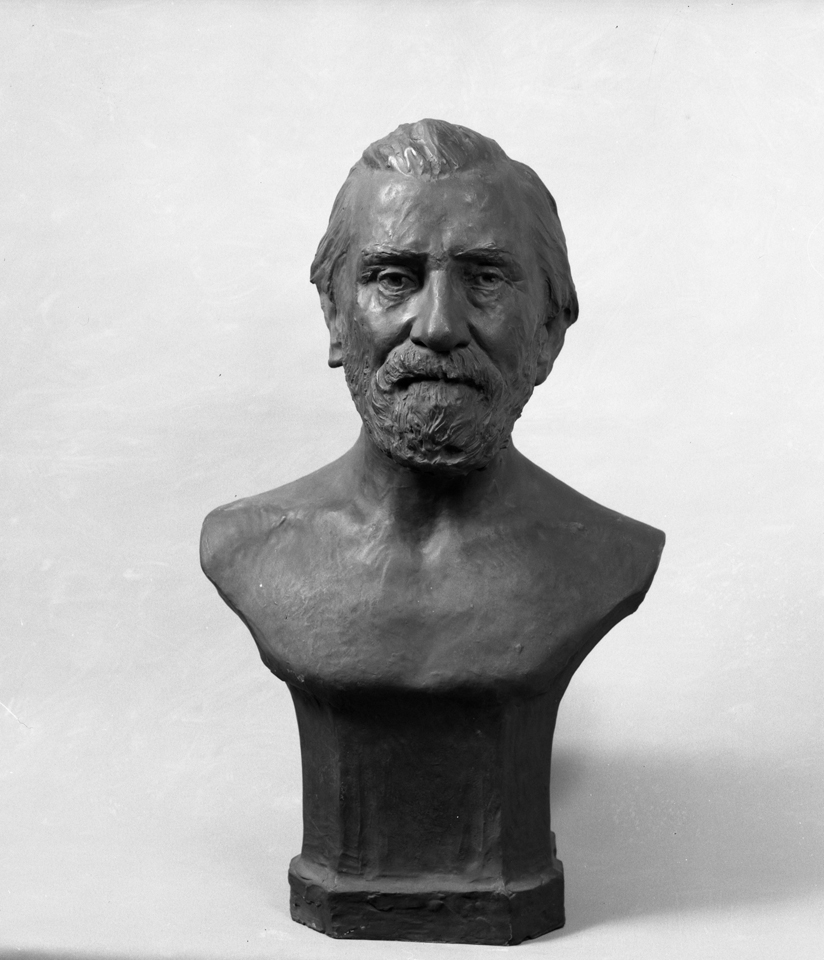
Tuesday, December 10 at 5:30 PM on Zoom
LOCAL HISTORY GUILD | “Complicated Legacies: Museum History, White Supremacy, and Sculpture”
Tuesday, December 10 at 5:30 PM on Zoom
Join Dr. Naomi Slipp, Chief Curator and Director of Museum Learning at the New Bedford Whaling Museum, Dr. Rachel Stephens, Associate Professor of Art History, American Art and Architecture at the University of Alabama, and Dr. Renée Ater, Visiting Associate Professor, Africana Studies at Brown University, for an important conversation about the power of sculpture in public spaces and institutions, the legacies of white supremacy and histories of enslavement, and the landscape of commemoration in the United States. Dr. Stephens, who is an expert on Southern Art and Confederate commemoration, will speak to the historical legacies of the Civil War, the Lost Cause, and its impacts on public memory and our present. Dr. Ater will reflect upon the current landscape of public sculpture and modern commemoration, specifically related to her work as a public historian on various public sculpture projects and her digital humanities work mapping monuments to the histories of enslavement and the slave past. Ultimately, the panelists will reflect on the importance of sculpture in framing the past and helping us to understand our present.
This program is offered in conjunction with the special exhibition, “Complicated Legacies: Museum History, White Supremacy, and Sculpture,” which examines Black activism and white supremacy in the US between 1914-1916 by centering a bust of Jonathan Bourne created by John Gutzon Borglum for the museum in 1915. Borglum was a celebrated sculptor who held deeply problematic racist ideologies. The exhibition asks, do an artist’s beliefs impact how we interpret a sculpture? Is a sculpture defined by the politics of the maker, patron, or subject? How might the museum, in its long history, have supported racist ideologies and how can we confront these histories and engage audiences in conversation about the ongoing legacies of historical harm, and racial and social injustice today?

Dr. Renée Ater holds a B.A. from Oberlin College, and a M.A. and Ph.D. in Art History from the University of Maryland. A public scholar who works at the intersection of art and history, Dr. Ater’s research focuses on monuments, race, national identity, and public space. She is the author of Keith Morrison, volume 5 of The David C. Driskell Series of African American Art (Pomegranate Books, 2005) and Remaking Race and History: The Sculpture of Meta Warrick Fuller (University of California Press, 2011). She has written on a wide range of public monuments including the Unsung Founders Memorial at the University of North Carolina; the African American Civil War Memorial in Washington, DC; the Martin Luther King Jr. Memorial in Rocky Mount, North Carolina; the Tuskegee Airmen National Historic Site in Alabama; and the Crispus Attucks Memorial in Boston. Currently, Dr. Ater is engaged in an open-source digital project entitled Contemporary Monuments to the Slave Past: Race, Memorialization, Public Space, and Civic Engagement, which has been funded through the National Endowment for the Humanities-Mellon Foundation, The Getty Research Institute, and the Smithsonian Office of Fellowships. She is a Visiting Associate Professor and Director of Undergraduate Studies, Africana Studies, at Brown University, and Associate Professor Emerita in the Department of Art History and Archaeology at the University of Maryland.

Dr. Rachel Stephens holds a B.A. from Sewanee: the University of the South, M.A. from Vanderbilt University, and Ph.D. in Art History from the University of Iowa. She is Associate Professor of Art History, American Art and Architecture at the University of Alabama, where she has taught since 2013. Dr. Stephens’s research focuses on nineteenth-century American art and visual culture, especially antebellum Southern art, race and representation, and Jacksonian-era portraiture and political prints. Stephens has published two monographs: Hidden in Plain Sight: Concealing Enslavement in American Visual Culture (University of Arkansas Press, 2024) and Selling Andrew Jackson: Ralph E. W. Earl and the Politics of Portraiture (University of South Carolina Press, 2018). Stephens has published articles in Panorama, Early American Studies, and Tennessee Historical Quarterly, among other places, and held fellowships at Crystal Bridges Museum of American Art, Gilder Lehrman Center at Yale University, as an Ailsa Mellon Bruce Visiting Senior Fellow at CASVA, and a Virginia Humanities Fellow at the Library of Virginia. She is currently preparing an edited volume of essays on Southern art, as well as a third monograph about the implications of Indigenous removal and enslavement on the visual arts of Nashville.

